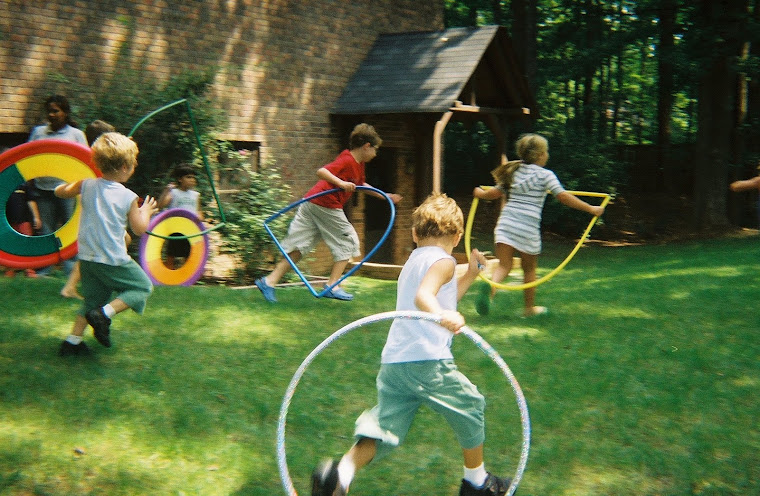No parent wants their child labeled, made fun of by peers,
or ostracized in any way. But when does
“protection” go too far? When is
“keeping the secret” more harmful than helpful?
Being an occupational therapist is a commitment to life-long
learning. So in my 35+ years of practice
I had not encountered a child with XXX Syndrome until recently. I had to get a handle on what it was,
prognosis, treatment and life consequences.
I have chosen this scenario because it was new to me, and
perhaps is to my readers as well.
So what is it? It is a chromosomal variation that puts an
extra X chromosome in each cell of the human female. It is not inherited and is caused by an error
in cell division in utero. Generally
speaking, these children are usually within normal IQ but may be lower than
their genetic siblings, have speech delays and/or poor language skills, and
have delayed motor skills with specific coordination and generalized
clumsiness. There are also some slight
physical differences but nothing too pronounced that would set them remarkably apart
from their peers.
So here I am working with a parent who wants “all of this
kept quiet’; not allowed to share with the teachers or the head of school, I am
in a therapeutic communication no-man’s land.
During the evaluation, when trying to help the mother feel
less anxious, I said “as one parent to another, our children are who they are
and what they are we cannot take blame or credit”. At this she promptly replied, “oh but it is
my fault, it was my egg that did not split right, this is all my fault”.
Stunned and incredibly saddened all I could do is take her hand.
How many of our parents are in this situation? How many parents live the with misplaced
burden of blame (about their children)?
How often do we get so caught up helping the child that we miss what is
going on inside the parent that lives daily with these overwhelming
feelings?
As parents, and particularly moms, we (myself included) are
in charge of “making it right”, “fixing it” and “kissing away the hurts”. When hurts just cannot be made right or
kissed away, when the diagnosis is devastating, when the earth starts moving
under their feet, parents become our patients too.
How we deal with the families is equally as important as
making sure that the child is achieving developmental gains.
This is something parents cannot “just get over”; it is a
seismic life shift that impacts them, their child, and their other
children. Below is a list of ideas that
my be helpful for the family and that can easily be incorporated into OT
sessions and/or therapy.
1.
Including siblings during some of the therapy sessions
2.
Cooking cookies during a session with siblings
and then having a “party/snack” together—letting the child in TX be the
“leader”
3.
Helping families structure homework or quiet
time (if not homework, drawing, reading, etc.)
4.
Talk about it, and then talk some more, there is
no monster in the closet it is a fact that just is—keeping it natural makes it
OK.
5.
If needed suggest a support group for the
parents/family if there is not one, contact a psychologist or a counselor and
with respecting privacy, ask for resources
6.
Former client’s families that have been through
similar situations are often a great resource for both information and support.
7.
Encourage the parents to share confidentially
with the school, so that accommodations and modifications can be offered and
learning stresses decreased.
8.
Celebrate each other: make a “WOW Board” and each week each person
in the family gets to post at least one thing that they are really proud of.
Keep sharing with the family all the wonderful things their
child can do. Shine “light” on
the achievements. If they haven’t shared
the child’s issues with grandparents, or a close trusted extended family member
or friend, encourage them to do so.
Sharing this information allows the parent to not be alone and creates
for them a caring community of support.
So, shhh no more, and shoo away the guilt—my daughter (now
34 years old) wrote a song when she was in 7th grade; the refrain
was: “Kids don’t come with instruction
books, and they don’t come with guarantees, I’d like to thank you Mom and Dad
for taking care of me”.
